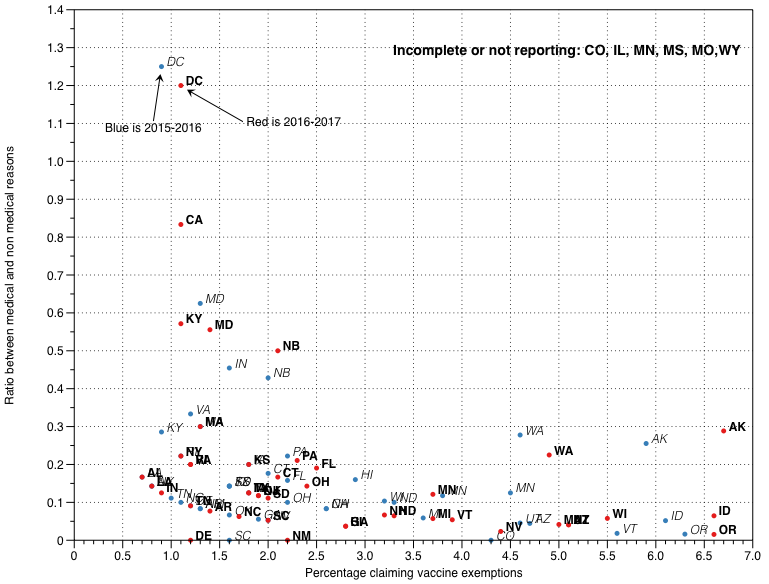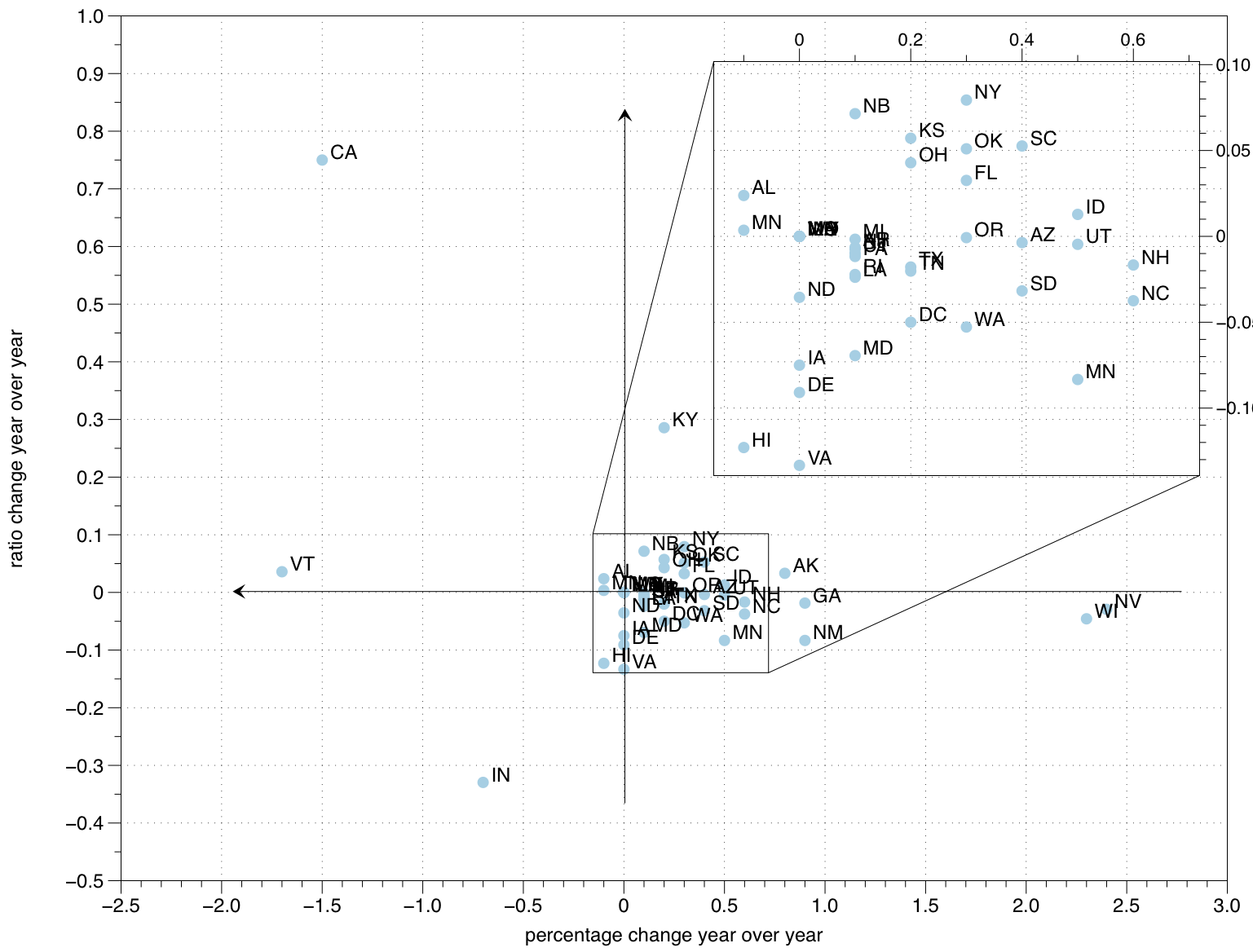In an earlier posting on detecting the signs of pseudoscience, I quoted an article which mentions unfalsifiability as a property. This is actually a pretty good early test for understanding if something is science-based, and attends to a common misunderstanding about the scientific process.
Whenever the phrase “scientifically proven” is used, your critical thinking alarm bells should go off – because much of scientific progress is based on disproving things. Unambiguously proving a hypothesis is actually quite difficult and rare, but what happens more frequently is disproving the counter-hypothesis, because all you need is a simple break in the logic or a sample contrary to it. When a conjecture or concept withstands extensive attempts at disproof is when it enters the field as a major theory.
Let’s try this out. Take the statement that “All cars have four wheels”. It’s kind of difficult to figure out how to prove this, but finding a single car that has three or five wheels is sufficient to disprove it. A single example of an object falling at a different acceleration rate would be sufficient to disprove what we know about gravity, or a single core sample of fossils forming at a different order would overturn evolution – but after hundreds of years of attempts, these theories have stood their ground. And good scientists continue to think about ways to show that something accepted as true may be false. Which is an important feature – falsifiability is key. And the failure of these tests add to our confidence in these major theories. If you cannot devise a test that will sufficiently disprove the statement, it’s likely outside of science, no matter what the trappings.
Let’s look at an example of something which is unfalsifiable. This is taken directly from the product description page of VitaminShoppe, a prominent sponsor for the AVP (US domestic pro beach volleyball tour):
Naturally detoxifies and boosts your immune system
Can you think of a test that will falsify this statement? What kind of trial could be done to definitively show that something does not “boost the immune system” or “naturally detoxify”? Near as I can tell, this falls into the category of unfalsifiable, sort of like the claim that a machine detects ghosts. When evaluating promises made through coaching advice, improve your critical thinking skills by asking how you can falsify a statement. And this is how we progressively increase confidence in practice.



